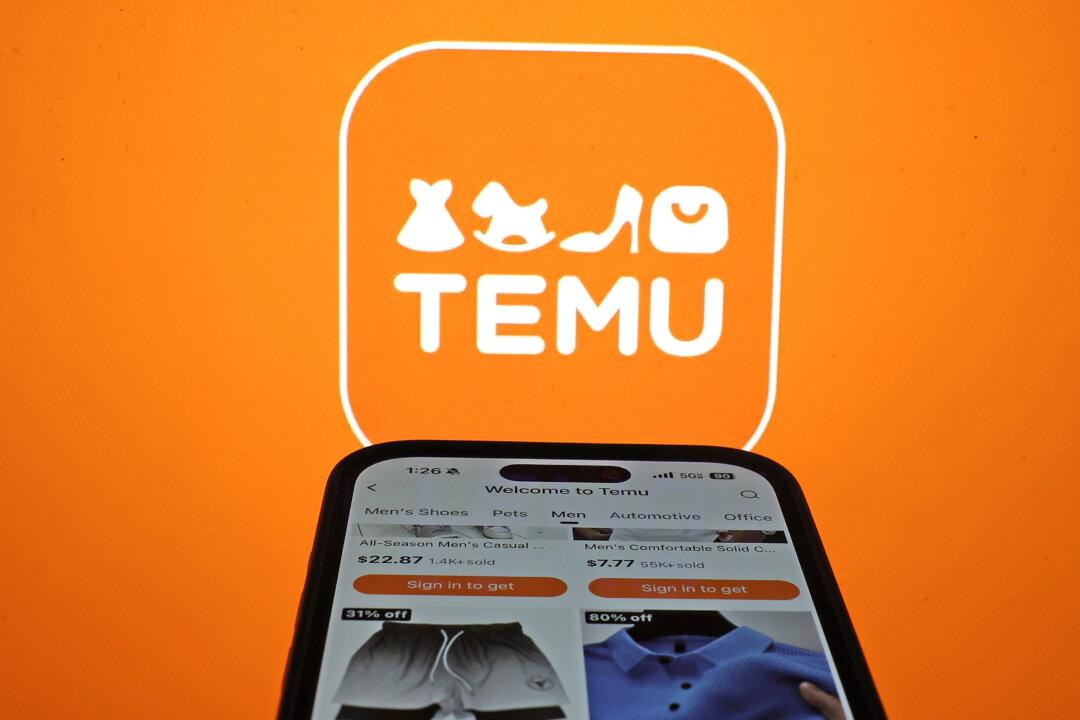Indonesia’s communications minister said on Oct. 11 that the nation had asked Google and Apple to block Temu from their app stores in a bid to protect small businesses.
Temu, a China-based, ultra-low-price e-commerce app, currently operates in only a few Southeast Asian countries. Globally, it’s available in 79 countries. According to a Momentum Works report, its 2023 gross market value was just $100 million in Southeast Asia compared to $16.3 billion in the United States.





